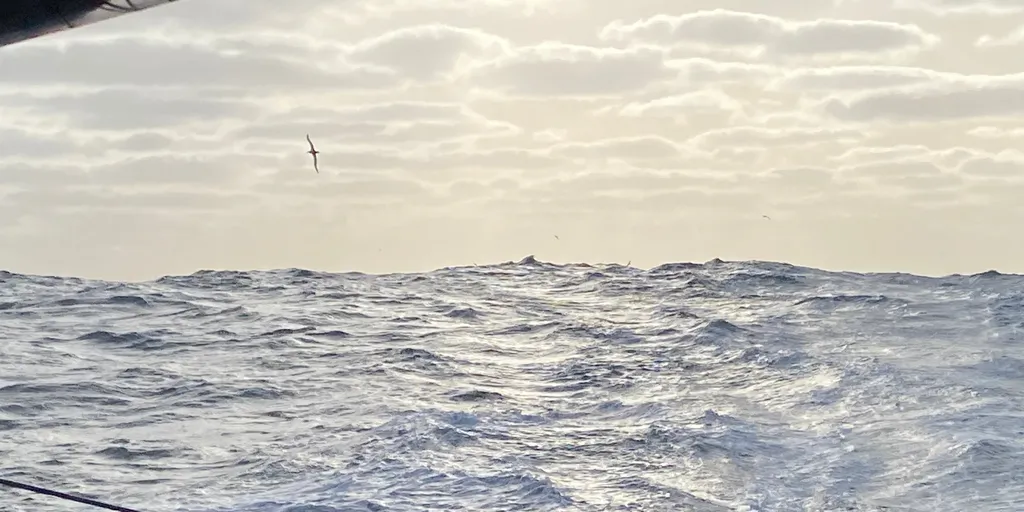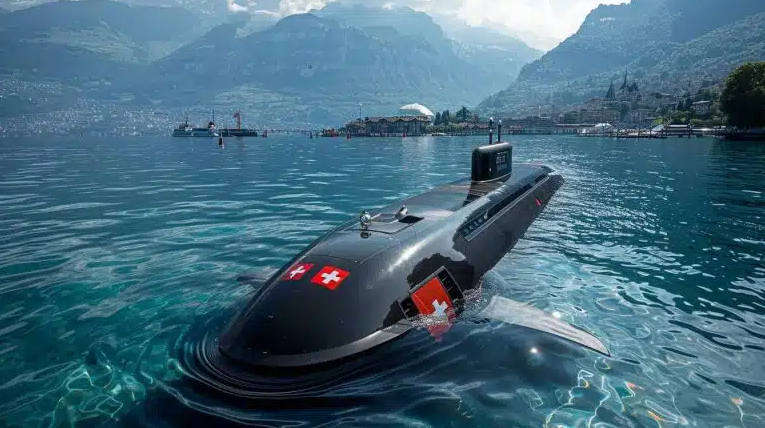As they sail around the ocean, the skippers of the Vendée Globe may notice that the ocean is vastly different from what it once was, as they are directly confronted with changing sea conditions—driven by global warming and climate change.

In the video below, Dr. Ian Butler, a fisheries specialist at the Australian Bureau of Agricultural and Resource Economics and Sciences, explains how marine heatwaves in the Pacific region are forcing marine animals and plants to alter their living habits and locations— they must adapt, or they will disappear. Dr. Butler also discusses how marine heatwaves are leading to constant coral bleaching in northern Australia, making recovery more challenging.
This topic, along with many others, is addressed in the Global Ocean Assessment, the only integrated evaluations of the state of the oceans at the global level. Established by the United Nations General Assembly and prepared by hundreds of scientists worldwide, the assessments provide a regular review of the environmental, economic, and social aspects of the global ocean. Two assessments have already been completed, covering about a decade, and the third will be published by the end of this year.
To stay informed and make informed decisions while contributing to the improvement of the ocean’s health for future generations, you can consult the Global Ocean Assessments. Discover the current state of the global ocean and the complex relationship between humanity and the ocean.
Source: vendeeglobe


